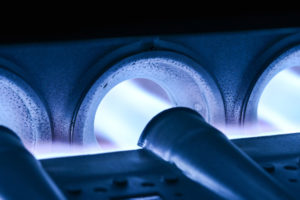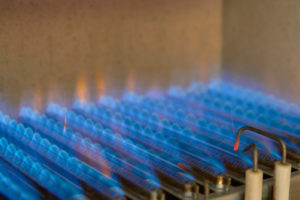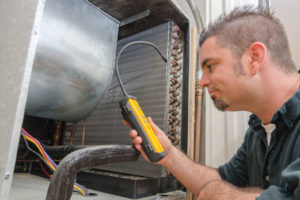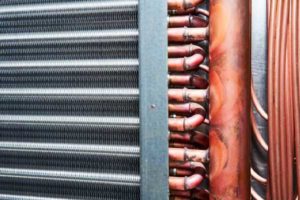HVAC
Do not ignore the signs when you notice a furnace issue. What seems like trivial oddities might be symptoms of a dangerous problem. For example, your might have an overheating furnace on your hands. Act fast before it’s too late.
Oil heating systems use tanks for fuel storage and security. It is an excellent arrangement, but much like anything, it requires care and attention. For example, water can get into the heating oil tank, causing problems like oil tank condensation. This article provides a comprehensive discussion regarding oil tank condensation.
For older furnaces, it’s possible for the pilot light to go out. Let’s say your attempts to re-light it aren’t working, or it may come on but only for a while. This article will explain why the furnace pilot light goes out after heating and what you can do to solve it.
If your furnace is on, but it doesn’t seem to heat your home, you may or may not need to contact a professional. This is because some furnace problems are easy to fix, while others require technical know-how and specialized tools. This article discusses some troubleshooting steps you should take first.
After a long summer, the cooling system deserves to rest. Dropping temperatures will let you turn off the air conditioner without discomfort. Make sure that you don’t just switch it off and forget. Instead, close down the air conditioner properly to prolong its lifespan and set it up for another good run next year.
When your old home heating system is no longer effective, you will need to find a suitable HVAC replacement among current options. If you are overwhelmed by this task, get help from an experienced HVAC contractor. In this article, we discuss the difference between an air handler and a furnace.
Too much of anything is just as bad as too little, as in the case of overcharged cooling systems. The need to process excessive refrigerant can damage air conditioning units over time. Ideal parameters are necessary to avoid problems and prolong equipment lifespan. This article explores overcharged AC symptoms and its associated dangers.
When it comes to working on an important home appliance like the AC unit, don’t take wild guesses. You don’t want to do the wrong thing, impacting your family’s safety and wellbeing. If you want steady efficiency and comfort, there are a few important things you should keep on your “do” and “do not” list.
Air conditioners absorb indoor heat and expel it outdoors. After several cycles of heat transfer, homes gradually cool down and feel comfortable. Two components, the condenser coils and evaporator coils, do much of the work behind the scenes. Although similar in appearance, they function in opposite ways. This article discusses these differences.










